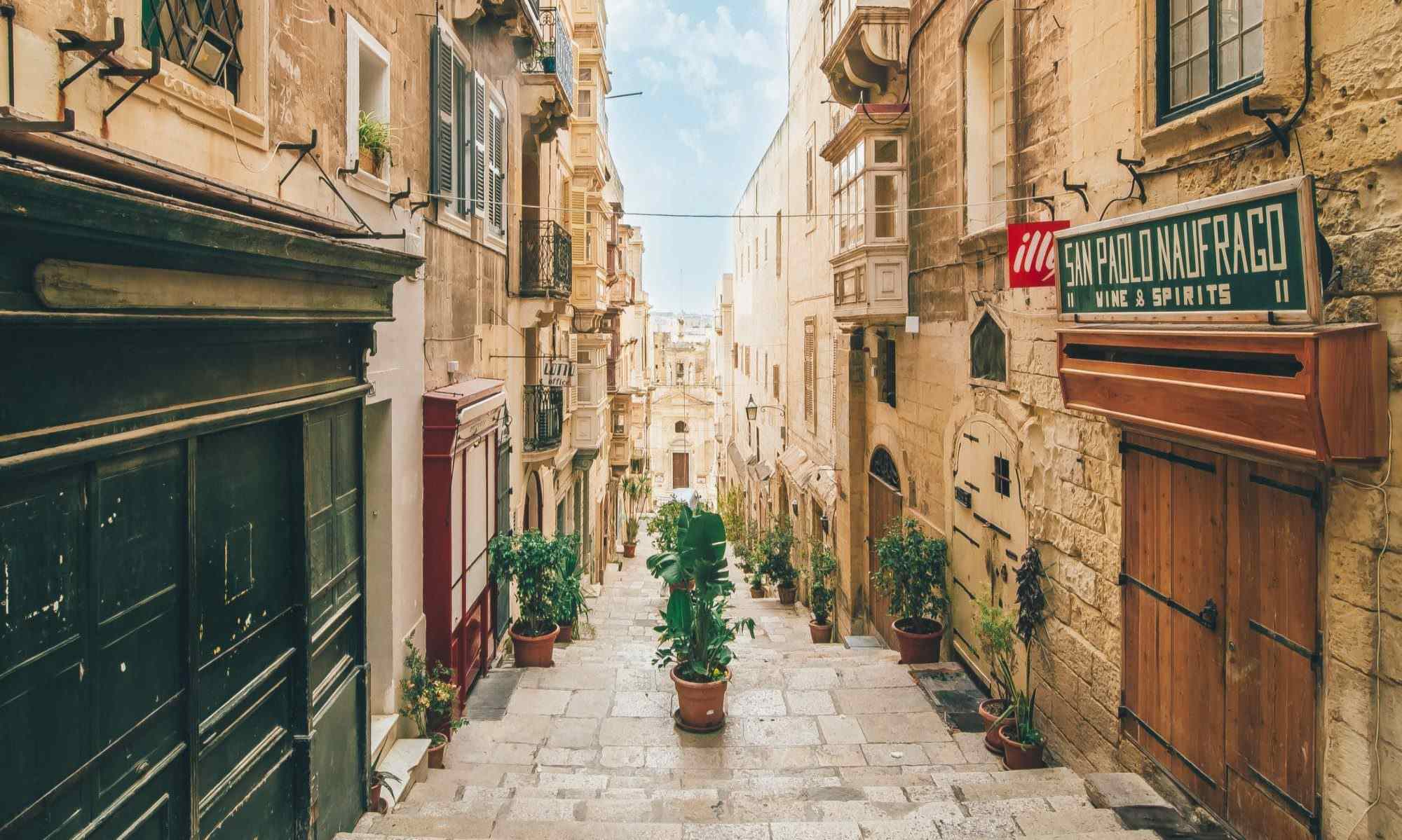There are a few obvious reasons why Malta’s investment visa program is so popular. Malta is a safe place to live with a stable economy and a solid banking system.
As well, Malta’s investment visa offers visa-free travel within the Schengen zone to its holders.
Malta has a relatively fast course to citizenship, at least if you are a high net worth individual. There are some significant steps to that process and it can take up to two years to complete, so the investment visa may be a useful device in the interim.
Your eligibility for the investment visa program depends largely on your nationality and meeting the required criteria, mainly making the stipulated contribution.
Choosing to put up the sum of money is a daunting step for many, so careful planning is essential. This comprehensive guide will take you smoothly through the process without any hitches.
Table of Contents
Malta’s Visa by Investment Requirements
There are a few straightforward requirements for Malta’s investor visa program — known formally as the Malta Residency and Visa Programme (MRVP).
To apply you must:
- Buy €250,000 in government bonds and agree to hold this investment for at least five years.
- Contribute €30,000 (effectively a fee) to the Maltese government’s development fund.
- Purchase a principal residence worth €320,000 or more — or rent one for at least €12,000 per year. (These amounts drop to €270,000 and €10,000 if the home is in Gozo or the south of Malta.)
- Be at least 18 years old, have a clean criminal record and satisfy the other good character requirements.
- Demonstrate economic self-sufficiency — by showing at least €100,000 in annual income.
Family Member Eligibility for Malta’s Investment Visa
There are relatively broad allowances for including other family members in your application for residency in Malta under this program. Specifically allowed are:
- Spouses at a cost of €5,000 in administrative fees.
- Unmarried and economically dependent children of either spouse.
- Economically dependent parents or grandparents or either spouse.
In some cases, exceptions are made for disabled or otherwise dependent adult children, but this happens on a case-by-case basis.
Note that you’ll have to buy a European health insurance plan to cover all members of your family who are part of your application.
Benefits of Holding Malta’s Golden Visa
There are several obvious reasons why Malta’s visa-by-investment program attracts applications. Namely:
- It grants the holder, plus approved family members, the right to stay indefinitely in Malta.
- The requirement for an investment in government bonds only lasts for the first five years.
- You can come and go from Malta as you like — there is no minimum number of days you have to be in the country.
- The favorable tax advantages outlined below.
Keep in mind that Malta’s investor visa program does not automatically grant you the legal ability to work in Malta. For that, you’ll need to apply for a separate work permit.
How Do Taxes Work Under Malta’s Investor Visa Program?
Under the attractive Maltese tax system, participants in the visa by investment program are only taxed on income whose source is in Malta or that is remitted to Malta.
The income tax rate is 15% of taxable income and holders must pay a minimum of €15,000 per year.
Foreign-source capital gains are not taxed, even if the proceeds are remit to Malta. That opens up the possibility of holding a real estate or securities portfolio elsewhere while you live off the capital gains in Malta.
Holders of the visa enjoy all of Malta’s other tax benefits, including the favorable inheritance and property tax situations.
How Do the Residency Requirements Work?
You are required to buy or rent a home in Malta. It’s important to note that only you and your family can live in the home — it cannot be subdivided into apartments or sublet by a property manager when you’re abroad.
An exception is made for live-in domestic servants. But these must be approved by the government on a case-by-case basis.
Who Should Choose Malta’s Investment Visa?
The Maltese visa by investment program was designed for non-EU nationals. (Mainly because there are other programs open to those from the EU.)
To date, it has been especially popular in China. Recently, the Maltese government announced that 80% of the 140 successful applicants over the program’s first two years are Chinese.
Malta’s investment visa can be used in combination with Malta’s citizenship-by-investment program. In this context, it is a good way to satisfy residency requirements.
But, it can also be used by itself for those who just want the benefit of residency in Malta, including visa-free travel in the Schengen zone.
What About EU Nationals?
Malta’s Ordinary Residency program is the only residency option open to those from the EU, EEA or Switzerland. Depending on your particular situation, the tax advantages may not match those offered by Malta’s investment visa.
The process for UK nationals looking to acquire one of Malta’s golden visas will, obviously, depend on the outcome of the Brexit process.
Is Approval Automatic? Who Can Help Increase Your Chances?
The process for applying is straightforward and the requirements are not particularly onerous. But the Maltese government states that 25% of applicants are rejected.
Also, you will need to hire a licensed immigration consultant to help prepare and submit your application for Malta’s visa by investment program.
These firms usually also offer pre-settlement tax advice and can help make sure you minimize your tax burden from the start.
Why Malta’s Golden Visa Through Investment Might be Right for You
On top of the lifestyle and environmental factors that make Malta an attractive place to live, the investment visa offers:
- Taxes as low as €15,000 in exchange for a European way of life.
- Freedom to travel around most of Europe without a visa.
- Liberal rules on including family members
- A way to demonstrate a connection to Malta if you are applying for citizenship by investment.
Keep in mind that program requires:
- You to establish a long-term residence in Malta that meets a certain value threshold.
- A €30,000 contribution to the Maltese government.
- A €250,000 investment in Maltese government bonds for five years.
If you’re interested in applying or finding out more about the program, send me a note. I’m happy to help.


